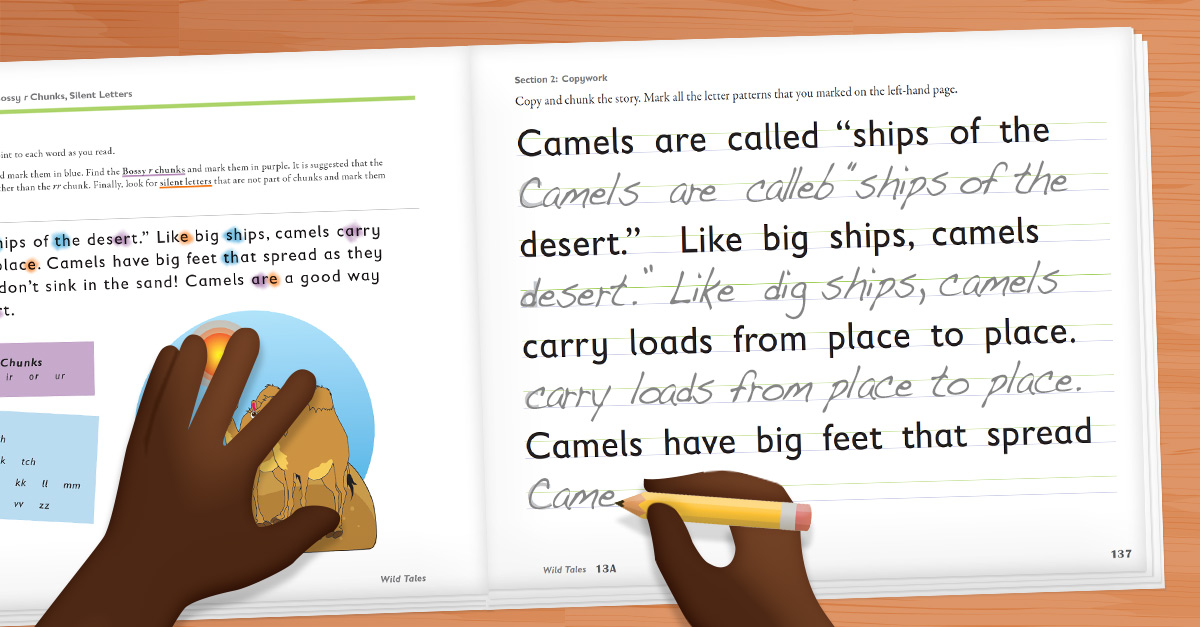
With increasing frequency I now speak with families who have children who they believe have dyslexia. I want to take the bull by the horns here and say that if I were the parent, and I am that parent, I would be very careful about ruling out all the other possible causes of reading challenges before assuming dyslexia.
What might those challenges be you ask? There are a whole host of causes, from fluid on the ears, to developmental challenges to visual processing issues; more on that in a minute. Dyslexia should be your last stop.
I have a dyslexic child – now a young man. The road to his adulthood was a long and winding one – and he did ultimately HAVE dyslexia, but there were many other mitigating factors in his diagnosis. If wisdom is someone else’s experience, then this blog post will be full of that. To the parents of a diagnosed dyslexic child, I understand your frustration and your struggle, and let me say it is worth it. My son graduated high school, with honors, in June.
What is Dyslexia?
Dyslexia refers to a specific developmental disability that alters the way the brain processes written material. It is a neurologically based language disorder that manifests itself in the way children hear individual sounds in words.
Please read what I am about to say – very carefully and thoroughly – a child who is flipping letters when writing or reading is far more likely to have a visual alignment challenge (eye-tracking) with their eyes – which must be resolved successfully before a child can become a successful reader. Even if your child’s diagnosis is ultimately dyslexia, unless you resolve the eye-tracking issues, you will still have a challenge learning to read!
Think of it this way. What if I took you and dropped you into a foreign environment where everything looked weirdly out of sync? Suppose that everything in that place had a slight wiggle or tremble to it. You were the only one who saw the wiggle or tremble. You don’t understand that it is out of sync – you don’t even know what kind of questions to ask about things not “looking right”. If everyone around you is still saying all is “normal”, then you begin to doubt yourself. Kids with eye-tracking issues get frustrated, angry and sometimes just shut down.
Right now, before you go any further into this blog post, if you suspect your child has dyslexia, go to this website and read their diagnostic checklist: www.covd.org. This checklist has the questions you need to ask first, before you suspect a diagnosis of dyslexia. I do not have enough emphasis to put into words how important it is to rule vision out as a causal factor.
Spelling You See and Dyslexia
If your child does indeed have a dyslexic’s challenge, then Spelling You See can be of tremendous help. Dyslexics have a greater challenge in development of a visual memory. Using the design of Spelling You See, with its emphasis on fluency (doing the same thing repeatedly), copywork and word-by-word dictation can help a dyslexic student develop the visual cues necessary to be a successful speller. The clean organization of the pages, with only two lines of guidance for copywork, further reduces the visual “noise” with which dyslexics struggle. In the younger years, the letter-box component of Spelling You See helps to isolate those individual letter sounds and gives a child a chance to focus on that sound-to-letter correspondence that is so critical to launching their reading experiences well.
Dyslexia is a diagnosis, not a sentence. You can help your child feel successful, despite the limitations it appears to present. However, please know that it is essential that you not make assumptions about their abilities. Spend the time and money to assure yourself that your diagnosis is accurate. The investment you make now, in your child’s future, will yield dividends for generations to come. Don’t discount your child. Rather, educate yourself and help your child succeed!
Spelling You See Sample Lessons
Are you interested in learning more about how Spelling You See can help your student?
Download free sample lessons here.




This is very helpful! I’ve never heard of an eye tracking issue…is that testing done by an educational psychologist?